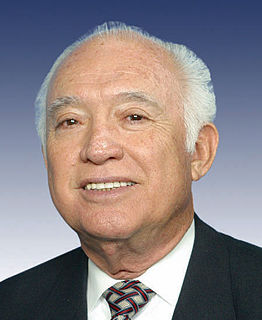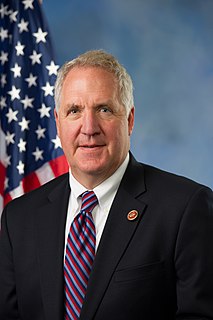A Quote by Steve Stivers
Yes and no. Because America has only about 1 percent of the population serving in the military, it is hard for many civilians to understand the sacrifices military families make. However, my experience is that after the Vietnam War, the public learned that they should support the military whether or not they support the war. You've seen that outpouring of support for the veterans of both Iraq and Afghanistan.
Quote Topics
Related Quotes
In every major war we have fought in the 19th and 20th centuries. Americans have been asked to pay higher taxes - and nonessential programs have been cut - to support the military effort. Yet during this Iraq war, taxes have been lowered and domestic spending has climbed. In contrast to World War I, World War II, the Korean War and Vietnam, for most Americans this conflict has entailed no economic sacrifice. The only people really sacrificing for this war are the troops and their families.
These are things that we hear from military families everywhere we go. But it - on PTSD, the thing that I want to make sure people understand is that the vast majority of veterans and military families aren't dealing with any kind of mental health. But there are - these are what are called the invisible wounds of this war. And many times they don't present.
"America's Cold War veterans deserve every honor we can bestow upon them for their hard work and dedication to keeping our nation safe,". "The Cold War Service Medal would allow military service members, veterans, and their families to receive the recognition and honor they rightfully deserve. I will continue to work with my colleagues to ensure our veterans receive the support and care they and their families need. It's the least we can do as a grateful nation."
Congress has created and funded a huge peacetime military that has substantial abilities to wage offensive operations, and it has not placed restrictions on the use of that military or the funds to support it, because it would rather let the president take the political risks in deciding on war. If Congress wanted to play a role in restricting war, it could - it simply does not want to. But we should not mistake a failure of political will for a violation of the Constitution.
































